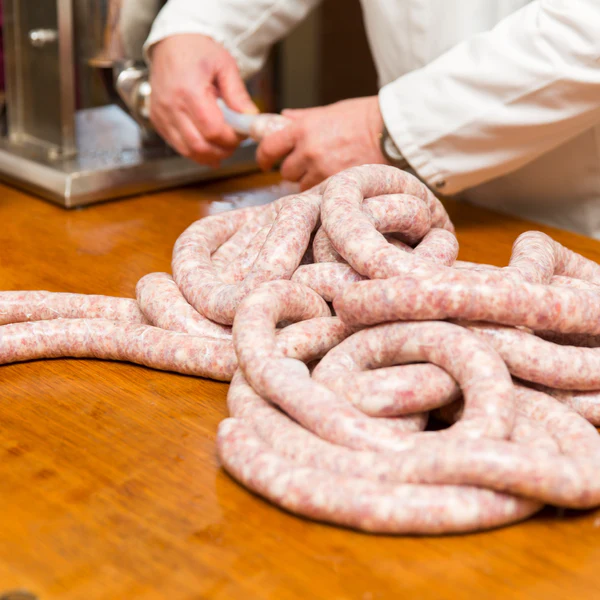
Nov . 06, 2024 03:19 Back to list
Current Prices for Meat Mixers in China and Market Trends
The Market Trends and Prices of Meat Mixers in China
As the Chinese meat industry continues to grow, the demand for efficient processing equipment has increased, particularly for meat mixers. These machines play a crucial role in the production of processed meats, ensuring that ingredients are evenly blended for optimal flavor and texture. This article explores the factors affecting the prices of meat mixers in China, the types available, and the future trends in this crucial segment of the food processing industry.
Overview of Meat Mixers
Meat mixers, or meat blenders, are used to combine various meat products and ingredients, such as spices, salts, and other additives. These machines come in various sizes and configurations, suitable for small-scale operations as well as large-scale industrial production. The primary goal of a meat mixer is to achieve a homogeneous mixture that enhances the quality of the final product, be it sausages, meatballs, or other processed items.
Factors Influencing Prices
1. Type and Capacity Prices for meat mixers vary significantly depending on their type and capacity. Smaller, manual mixers designed for artisanal producers may be less expensive, ranging from a few hundred to a couple of thousand dollars. In contrast, high-capacity mixers for large meat processing plants can cost tens of thousands of dollars. The choice between a continuous mixer and a batch mixer also affects the price, with continuous mixers typically costing more due to their advanced technology and efficiency.
2. Manufacturing Quality and Specifications The materials used in construction, the inclusion of advanced technology, and the specific features such as automated controls or energy efficiency also impact the pricing. High-quality stainless steel mixers, which are easier to clean and more durable, tend to command a higher price.
3. Market Competition The Chinese market for meat mixers has seen considerable growth, resulting in increased competition among manufacturers. This competition can lead to price adjustments as companies strive to attract more customers. Local manufacturers often provide competitive prices compared to international brands, which might have higher prices due to shipping costs and import tariffs.
4. Brand Reputation Established brands with a strong reputation for reliability and performance can charge a premium for their products. Buyers often consider the long-term return on investment, factoring in maintenance costs and reliability when choosing a mixer.
5. Economic Factors External economic conditions, including fluctuations in raw material prices, labor costs, and changes in trade policies, can also significantly influence equipment pricing. Economic downturns might lead to price reductions, while growth periods can see increases.
Types of Meat Mixers Available
china meat mixer price

The Chinese market offers a wide variety of meat mixers tailored to different needs
- Batch Mixers Ideal for small to medium-sized enterprises, batch mixers are used for producing smaller quantities of mixed meat products. They are usually more cost-effective but require more manual intervention.
- Continuous Mixers These are used in large-scale operations for high-output production. Continuous mixers are more automated, allowing for a steady flow of raw materials and a more consistent final product.
- Vacuum Mixers These machines operate under vacuum conditions, which can improve the mixing quality and extend the shelf life of the final product by reducing oxidation.
Future Trends
Looking ahead, several trends are expected to shape the meat mixer industry in China
- Automation and Smart Technology There's a growing interest in advanced features such as IoT connectivity and automation that can streamline production and reduce labor costs. As the technology becomes more affordable, we can expect a wider adoption of automated systems in meat processing.
- Sustainability With an increased focus on environmental sustainability, manufacturers are also developing more energy-efficient machines. Innovations in design and technology that reduce energy consumption and waste are likely to draw attention from larger companies in the meat processing sector.
- Changing Consumer Preferences As the demand for healthier meat products grows, mixers that can handle alternative proteins and unique blends will become more popular. This trend will likely drive innovation in machinery that can accommodate diverse ingredients.
Conclusion
The market for meat mixers in China is dynamic and influenced by various factors such as technology, price, and consumer demand. As the industry continues to evolve, manufacturers who adapt to these changes, embracing new technologies and sustainability practices, will place themselves at the forefront of the meat processing market. With the ongoing transformation, stakeholders in the meat industry must stay informed about pricing trends and equipment advancements to remain competitive.